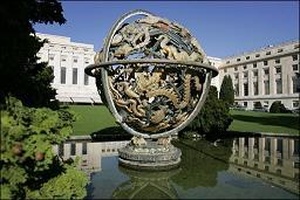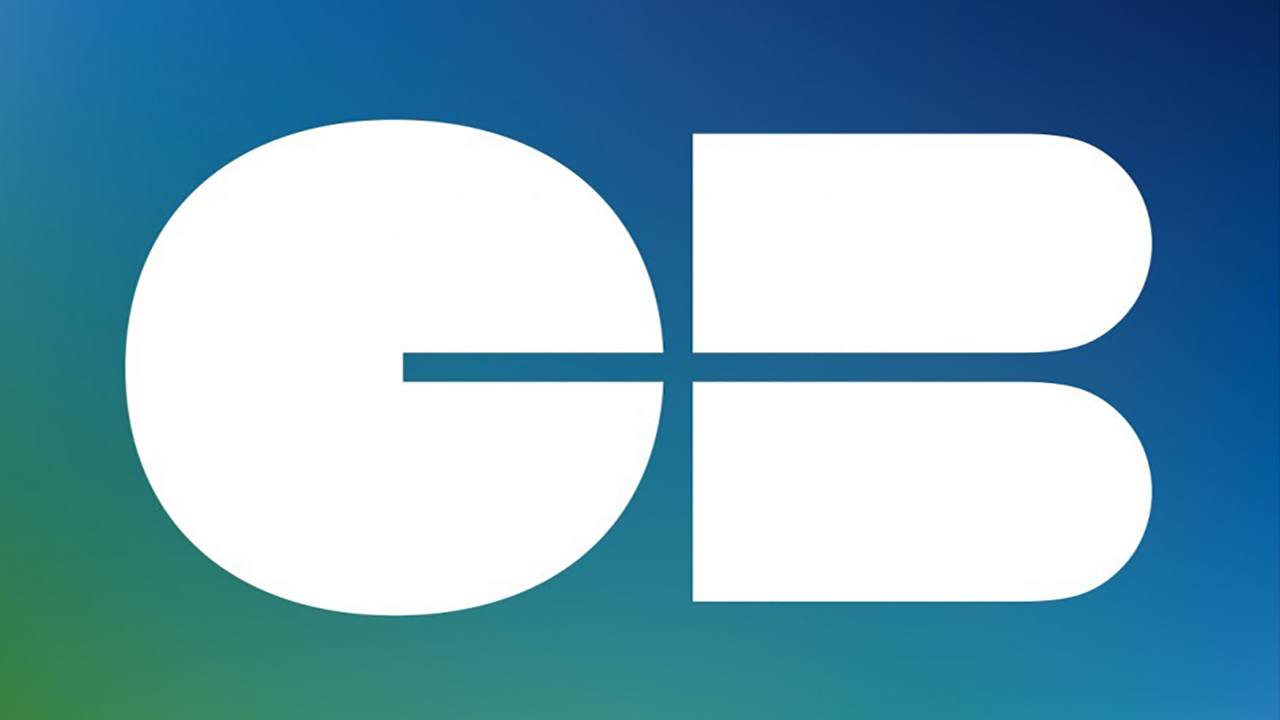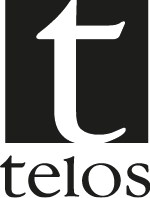Double standards at The Human Rights Council edit

Recently, the EU was forced to threat its withdrawal from the new UN Human Rights Council. This was done in order to guarantee the HRC the power to adopt solutions on country specific situations, a prerogative from the former Commission on Human Rights! The fact that the EU had to take such a drastic step in order to keep a system, of which the maintenance should have been taken for granted, is just one example illustrating the current difficulty of the EU to project its interests and values in the hemicycles of the UN.
The Human Rights Council was established a year ago in the course of the UN reform process, replacing the Commission on Human Rights (CHR) which had been highly discredited by international human rights NGOs and the Western media for being chaired by countries such as Libya and for including other notorious human rights abusers. The main idea advanced by the US and the EU was to create a new forum where only the “good guys” would participate.This plan met fierce opposition from the vast majority of the global South, opposition not only from dictators, but also from Southern democracies. The result was mixed: a new composition that makes it a bit harder for countries to join, but definitely not impossible for China or Cuba. Also, in the course of the negotiations, “equitable geographic representation” had to be accepted by the Western powers, which led to new majorities in the HRC compared to the CHR. Out of 47 council seats, the EU has 8 seats, Latin America 8 and the African and Asian states combined hold 26 seats.During its first year, the HRC has spent much time trying to define its working mechanisms and instruments – what aspects to take over from the CHR, what to add, what to change. At the heart of the debate were the “special procedures” of the CHR, put in non-UN speech: the possibility for the body to send investigators to specific countries to monitor the human rights situation, the possibility to adopt resolutions condemning human rights abuses in specific countries and the possibility of individuals to submit complaints about their government to the UN body. In addition, a new instrument had been agreed upon in principle last year, but still lacked implementation: a “Universal Periodic Review” of member states’ human rights record. Main questions left for discussions were who would write the reviews, based on whose input, against what yardsticks. This last mentioned instrument was introduced in order to address one of the commonly identified shortfalls of the CHR: its “over-politicization”. This review foresees to review every UN member.The hope is that this addresses the reproach of “double standards” as the big and powerful can no longer escape the scrutiny of the UN. Most of the African and Asian countries had felt for a long time that they were the only target of criticism by the CHR, leaving other situations like Chechnya outside; in short: resolutions were politically motivated and not based on the situations on the ground. In turn, NAM (Non-Aligned Movement) and the majority of its members decided to oppose the re-introduction of mechanisms that would single out countries. Hence China asked for country resolutions to be adopted by a two-thirds majority (instead of a simple majority as in the former CHR), the African group introduced a “code of conduct” for “rapporteurs” (those reporting on thematic issues or country situations) that could have seriously damaged their freedom to assess the situation on the ground; others wanted to see the participation options of NGOs limited. Besides these questions addressing working mechanisms– and of course linked- governments had to review thematic mandates from the CHR as well as those addressing country specific situations. Europeans and Americans want to monitor Belarus and Cuba; and as much as Iran opposes country specific resolutions in general, as much does it support resolutions against Israel. A particular obstacle in the end was China’s position that a two-thirds majority should be required to take action on country-specific resolutions, de facto killing the instrument. In response to China’s position, European Union members threatened to withdraw from the Council. After 14 hours of negotiations, China agreed to the President’s text one minute before the midnight deadline last Monday night. China’s change of position reportedly was the result of the Foreign Ministries of fourteen member states contacting the Chinese government in Beijing to stress the importance of agreement. One cost of China’s agreement, according to government sources, was that the mandates of the Special Rapporteurs on Belarus and Cuba would be terminated. Russia - a council member- has led demands for an end to the mandate of the controversial special envoy for Belarus for a long time. The other Special Rapporteurs were maintained (including Burma, Congo, Haiti, North Korea, Somalia, and Sudan).Part of the deal was also to set as permanent item on the Human Rights Council's agenda “the human rights situation in Palestine and other occupied Arab territories”– the only permanent country/regional situation on the HRC agenda. Also, over the course of the last year, two “mandates” to monitor had already been abandoned by the HRC: Uzbekistan and Iran. The 17 seats held by the political grouping of Muslim countries, the Organization of the Islamic Conference, OIC, had also proved decisive as only 16 votes are needed to call a special session. The OIC had called three special sessions in five months, all to criticize Israel.Why do countries like South Africa or India support such policies? What is left for the EU to do at the HRC? There are two readings of this situation: First, if one believes that the most important aspect of the UN is its universal membership, one has to accept that dictators and governments that do not share our agendas are part of the UN. A second reading argues that the EU has run into a situation where lack of coherence and wrong priority setting makes it a ready prey for its opponents.Both readings require qualifications. It is certainly true that we cannot advance some of our priorities at the UN, that we cannot put all our “human rights” eggs into the UN basket - to realize again that the UN is nothing more than the sum of its member states. And it is certainly true that the EU has been hazardous in setting its policies, often risking losing its former Southern allies. Nonetheless, in order to decide consciously and strategically on 1) what goals to pursue inside the UN HRC, which ones outside and yet which ones to let go, and 2) how to pursue these goals inside the UN, a process should be started that allows the EU to rethink its position in the HRC.This process of rethinking the EU at the UN HRC should analyze thoroughly per policy area to what extent objections made to the EU (like double standards, mis-/abuse of power asymmetries) are correct and examine if these are due to internal lack of coherence across policy fields or are in place purposefully. For example, delegates from democratic developing countries singled out EU opposition to CHR and 3rd Committee attempts at criticizing the US for its human rights abuses at Guantanamo Bay. Past attempts by Cuba at convicting the US had not found the support of the EU. The linchpin for many became whether or not the EU was willing to support resolutions against the US, and evidence over the past years had shown that this was not the case.It might well be that the EU decides not to support resolutions against Guantanamo because it esteems its relation to the US to be more important than a credible stance in the Human Rights Council. If so, then the EU should be aware of the consequences and adjust its goals in the Human Rights Council accordingly. Also, the EU refuses to address human rights violations in EU member states (for example the situation of homosexuals in Poland, women’s rights in Malta) at the UN. This is due to the unanimity principle, but also because of the intuitive thinking of European diplomats is that the EU is THE democracy and human rights club and that we do not need anybody to give us lessons. The new instrument of the “Universal Periodic Review” is an opportunity for the EU to develop a new approach: the Council agreed that each year 48 nations, comprising a mixture of Council members and observer States, will be reviewed to assess whether they have fulfilled their human rights obligations. These evaluations will not only involve input from the individual governments under review, but also will include contributions from treaty bodies, special procedures and other relevant organizations, including non-governmental organizations (NGOs).If EU Member States and the EU (as observer) take this task seriously, done by credible experts with adequate resources, it might be a way to demonstrate real EU commitment to an engagement in the UN human rights system.
Did you enjoy this article? close





